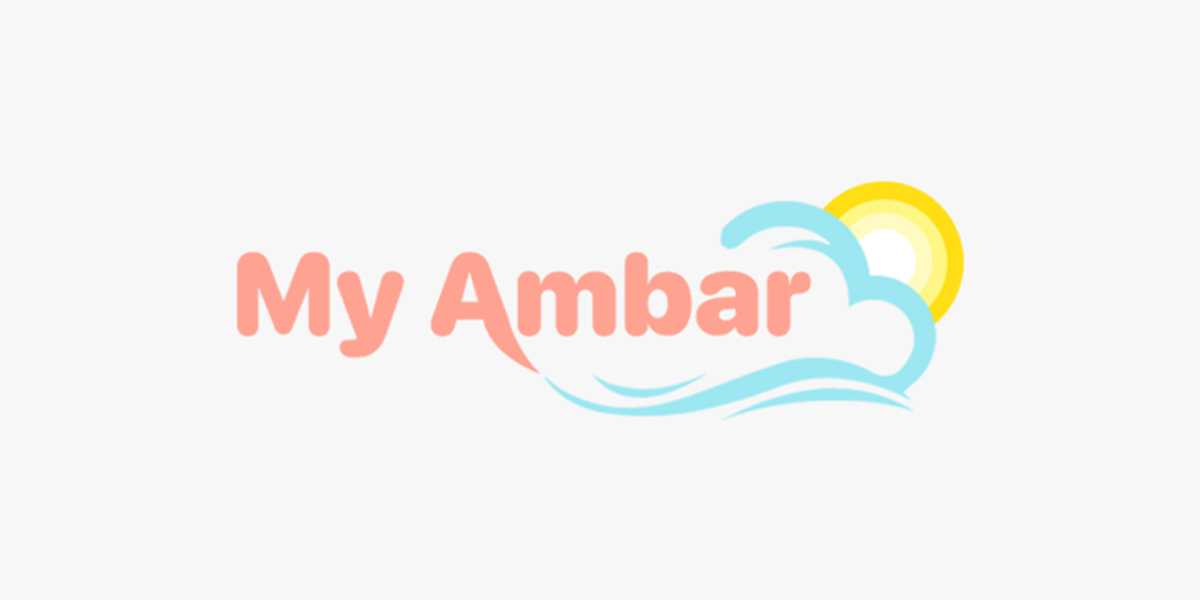NASSCOM Foundation in collaboration with Vodafone India Foundation and UN Women conducted a webinar on ‘My Ambar’ App launch focused on women security on October 22nd, 2020. Akanksha Nayyar, who handles Marketing Communications at NASSCOM Foundation along with Syed Farooq Hasan, Program Manager, NASSCOM Foundation, moderated the webinar.
Akanksha and Farooq started with Introduction and content setting. They highlighted the need for women safety apps and the distinguished work done by NASSCOM Foundation and UN Women towards social change. ‘My Ambar’ app has been designed and executed by Vodafone India Foundation while Safty Trust is the content partner.
According to Farooq, “In recent times there has been use of technology to face social challenges and helping the marginalized communities and technology can be used to help NGOS to find holistic solutions.”
P Balaji, Chief Regulatory and Corporate Affairs Officer, Vodafone India Foundation stated, “Tools need to be created to protect women from violence. Our efforts under the CSR initiatives have been in collaboration with social organizations on three important areas, namely – Vidya (Education), Swasthya (Healthcare) and Jeevika (Livelihood in women empowerment). Our education initiative Jigyasa has also been pivotal in our endeavor towards women empowerment.” He pointed out, “According to a recent survey 27% women have experienced physical violence. As per recent NCRB (National Crime Records Bureau) data there has been more than 7% rise in violence against women.” Balaji added, “My Ambar app focuses on women empowerment. It has features that offer help to victims of domestic violence and safe haven for survivors. The app enables to seek help without bias. There are helpline numbers and the app directory also helps reaching out to legal representatives.”
Padma Shri Rajashree Birla’s video message was showcased in the webinar where she shared “My Ambar is a 360 degree app that offers legal and mental health services for women who face any kind of violence at home or workplace.” According to her there needs to be a systemic change and mindset revolution. The Padma Shri recipient shared insight on her philanthropic work where women in rural areas are getting trained in martial arts and empowering more women Sarpanch. Sharing her experience in remote areas, Rajashree said, “The camaraderie between boys and girls as co – workers is rewarding for our efforts.” As a concluding remark she quoted Annie Besant as, “Lives of women are built on shoulders of women who carry them around.”
Ashok Pamidi, CEO, NASSCOM Foundation shared, “I believe in diversity and inclusion. There needs to be a safe and conducive environment for women at home and workplace.” He pointed out at the rising cases of domestic violence during lockdown. According to him, “86% women don’t report about domestic violence while 21% prefer to stay quiet.” He also highlighted how neighboring countries like Nepal and Bangladesh have better labor participation of women then in India.
To set up the context, a video was screened which depicted violence against women. The app was launched by Shabhnam Khan, a survivor who also shared her story of facing sexual harassment by her relative uncle and how her family forced her not to speak about it. In such cases, women are generally asked to stay quite as family reputation is at stake. She revealed how her friends took her to a Delhi based NGO, Shakti Shalini to seek support. She however, fought back and lodged her complaint despite indifferent and biased behaviour of police authorities.
Dr Shruti Kapoor, Founder & President, Safty Trust said, “There is lot of stigma associated with sexual assault and many challenges are faced by survivors along the way.” In the panel discussion on Prevention, Safety and Empowerment for women moderated by Shruti, the panelists spoke about trends in women safety. Rashmi Singh, Director, Department of Women and Child Development, Government of National Capital Territory of Delhi, mentioned, “We have a lot of innovative things. Private sector is coming forward with enabling equipment in women safety.” Nishtha Satyam, Deputy Country representative, UN Women said, “Digital revolution is the major shift that has taken place in terms of gender equality. 10 years ago we won’t have had a webinar on violence against women.”
According to Richa Aniruddh, Journalist & Anchor, Producer, Zindagi Live, “The mindset needs to change. Also, women in remote areas need help where there is weak network connectivity.” On blame game in cases of violence against women Nishtha said, “We can’t blame anyone individual or institution. It is a systemic failure. Issue of violence doesn’t stay in a vacuum. There is no one stakeholder. It is not the onus of women to stay safe.” Richa added with a jibe on how stalking is justified in Bollywood songs. She said, “tera peechha karu toh tokne ka nahi – glorifying stalking.” According to Richa, “We need to fill the gaps in using technology for women’s safety. One button that could connect me to SOS – police. Lot of victims are scared of opening up as anonymity is a major concern.”
The session concluded with a vote of thanks by Santosh Abraham, Vice President, NASSCOM Foundation, said, “It has been a wonderful journey from past 61 months conceptualizing an app like this.”

